Our civilizations have had extreme difficulty in preserving our best efforts to pass on our histories. We are left with glimpses over which we can lay on layers of speculation based upon our own biases.
Just what do we really know about religion before Yesua, or for that matter, Herod the Great? He actually promoted Judaism throughhout the roman empire in order to fund his building program. Who thought this before and whenever was it possible. Even hellenisnm lack a centralizing authority htat he provided.
Best i am able to tell it was all local and terribly prone to moral decay and general barbarism.
The other problem is archeology. you must have a target to dig up. We are usually digging up hints from our writtings. cuneform uncovered a rich ancient culture. Pyramids globally prove large complex societies existed all over and then expired. And no other trace. keep digging.
My own efforts uncovered the Atlantean European Bronze Age of hte SEA peoples and it was global.
Yet we only have three or four firm dates.
Fall of troy - 1179 BC - Stars
Fall of Atlantis - 1159 BC - Tree Rings
Thera - approx. 1600 BC
Great Pyramid and copper mining in lake superior and Wales. - approx. 2400 BC.
Everything else is vapproximate at least as in plus od minus even a century.
Then we have 12900 BP or the pleistocene nonconformity. A comet struck the northern ice Sheet.
Everything before was flooded out.
Archaeology Uncovering the Great Forgetting
MAY 8
https://www.ancientoriginsunleashed.com/p/archaeology-uncovering-the-great
For 13 days in October of 1962, our civilization was poised on the edge of nuclear destruction. American president John F. Kennedy and Soviet premier Nikita Khrushchev engaged in a faceoff. The world watched as the Cold War escalated precariously toward the brink of what was then called the Doctrine of Mutual Assured Destruction. That was the tactic employed by both superpowers, called Second Strike Capability, that would enable them to destroy each other with intercontinental ballistic missiles, no matter who fired first. In the last 12,000 years, it was probably the closest human civilization has ever come to annihilation.
Stalker in gas mask (Sergey Nivens/ Adobe Stock)
The Aftermath
Imagine, for a moment, during those tumultuous days someone had lived in a small, primitive backwater of the world, perhaps high up in a distant mountain range, deep in the Amazon forest, or off on a small island somewhere in the midst of the sea. What if things had gone differently? One day that person would have been simply living his life, perhaps walking down a well-trodden pathway, thinking about whatever it was that occupied his days. The next moment, a far-off war, fought by countries he had never heard of, changed his world forever.
The effects of nuclear winter alter the climate, perhaps even the very air he breathes. Smoke and ash circulating through the upper atmosphere blot out the sun and his crops fail. A strange sickness devastates his family and the small community of which he is a part. How will he grow vegetables? How will he find food? How will he survive? Worse yet, if he is of a religious mind, he would have spiritual questions. Can he trust that this was just a cosmic accident, or has something he has done here on earth somehow influenced how he was treated by the gods of his universe? What did he do to deserve this? How to appease his deities so this won't happen again? Should he build an altar or a temple of worship?
Apocalypse (sdecoret / Adobe Stock)
All around him there are signs and signals that things will never be the same. As far as he knows, his life is starting over again. Even though he does not fully understand the immense repercussions, even though he may have never been aware of the majority of humankind who were once familiar with cars and telephones, who once flew the friendly skies and traversed the globe, who once gathered around TV sets and radios, who once took the good life for granted, much of that urban population is now gone. The ones who are left suffer from what amounts to cultural amnesia. The technical benefits of a civilization that once formed a world-wide infrastructure are gone, buried under the fires and ash of a nuclear holocaust. The survivors no longer posses the skills to return to subsistence living.
The question stands: Has something like this happened before? Substitute a comet or asteroid colliding with the earth for the nuclear explosion just postulated. Insert a devastating episode of volcanic eruptions over a vast area of the planet. Think about a sudden shift in plate tectonics, shuffling huge land masses into climate zones which are now either suddenly frigid or temperate, depending on their latitude, resulting in freezes or mass floods. What might be the result?
Civilization destroyed (konradbak/ Adobe Stock)
A Re-Beginning
What if what is called ‘civilization’ did not really arise in Mesopotamia or Sumer or Egypt or anywhere else in the Middle East? Suppose that what is called the ‘beginning’ is really a ‘re-beginning’, a rebirth? Could mankind be suffering from cultural amnesia brought on by a great catastrophe that, in one brief moment of time, obliterated a large portion of human culture, leaving only a few fortunate survivors to tell the tale? The children of their children would have no historical memory of what happened. All they would be able to draw upon would be the tales of their elders and physical remnants left over from the catastrophe. Without help from those who remember, they would be forced to start over again, reinventing such things as writing, mathematics, and technical skills that once were commonplace but are now long forgotten, buried by the dust of time.
Large asteroid hitting Earth (Mopic/ Adobe Stock)
Around 65 million years ago an asteroid wiped out the dinosaurs and ushered in an era of unprecedented volcanic destruction. This is known to be true because of the crater it left behind in the Yucatan Peninsula. But it is very probable that 12,800 years ago, a time period during which modern humans existed on earth, a segmented comet brought the reign of the earth's great mega fauna to an end. Silent cities slumber beneath rising seas off the shores of almost every continent on earth. Buried temples in Turkey that have not seen the light of day for millennia are now coming to life thanks to the work of careful archaeologists. Unexplored pyramids still lie hidden beneath dense undergrowth in Peru and Central America while some enigmatic building projects, such as the Sphinx, have been hiding in plain sight for thousands of years. Mankind has forgotten how, when, and why they were ever built.
The Gods Remember
Return for a moment, to the earlier example of tribal fate resulting from cultural amnesia following nuclear holocaust. Imagine a person still living in that isolated village, but now add another layer of intrigue. One day, while still in shock, trying to figure out what happened, and trying to decide what to do next and how he is going to survive the effects, a small group of strangers appear on the scene. They witnessed the whole catastrophe. They were there. They remember. They somehow lived through it and escaped unscathed. They can tell him how to rebuild his life. They remember former skills and are willing to help. Gradually they teach him the rudiments of how to rebuild his lost life. He learns what seems like new skills and exciting ways of living that far surpass the primitive existence he once knew. To his new friends, this is all old stuff. But they are patient with him, teaching him only as much as he can absorb. He passes their knowledge on to his children who learn how to excel and thrive in their own lives. They then teach their children. His community rebuilds what was familiar to others who once lived far away. He had never before heard of these skills. To him, this is a journey of discovery. It is fresh, entrepreneurial, and challenging. Each day is an adventure. He is building what amounts to a new civilization.
What if there were survivors? (sdecoret/ Adobe Stock)
Eventually, however, his friendly teachers die. His children may have met them, but their children have not. To the children of his grandchildren they are only a distant family memory, remembered with great fondness as the ones who taught him a level of life undreamed. They couldn't build an airplane or an automobile by themselves. They didn't have the resources. But they could tell him about them, and get him thinking along those lines, so that a few thousand years in the future his descendants could build them, or something similar that may even surpass them.
The Birth of Myth
After a few generations his friends will probably be remembered only through the telling of myths which have grown to epic proportions. The stories may even recast them into ancient, god-like figures who arrived at a time of cultural Armageddon to set his tribe on a new, straight path. As the years go by, the myths will grow until the mysterious visitors didn't just know a lot, they knew everything. They didn't just roll up their sleeves and help out, they accomplished miracles. They couldn't simply leap tall buildings with a single bound, they could fly through the air. They told tales of forgotten cities where miracles happened every day. They were part of an ancient golden age that becomes more thrilling with each rendition of the story. They were the ones who brought about what he now calls ‘the beginning’!
The Gods Grew Wings. Egyptian God Isis. (Catmando/ Adobe Stock)
After many years pass, heroes are remembered to have done amazing things. When he was safely dead, for instance, the story circulated that George Washington threw a silver dollar all the way across the Potomac river. Respected Roman Catholic figures are never granted the status of miracle-working saints until they are tucked away in their graves for a few centuries. A shadowy figure like Merlin had to wait until the Middle Ages, long after Arthur and his court, if they ever existed, had passed into memory before he could become a real practitioner of magic.
Heroes and Earthly Gods.(grandfailure / Adobe Stock)
Earthly god-like figures always seem to exist only in long-ago, ancient times. That's what keeps them heroic. People don't have to deal with them, just tell their story. Tales of ancient glory all happen ‘once upon a time’. Even Yoda, Darth Vader, and his minions existed ‘long, long ago, in a galaxy far away’. Thus man keeps his heroes safely at arm's length.
Apollon Temple, Antalya City, Side (Sondem/Adobe Stock)
Facts of Archaeology
But what if, in some cases, the stories have grown from a kernel of historic fact? All around the world one finds enigmatic structures, archaeological wonders and geographic anomalies that stand in the way of a traditional understanding of who we are as a people. They raise nagging questions:
Six miles (9.6 kilometers) from Urfa, an ancient city in southeast Turkey, stand the ruins of a megalithic temple site called Göbekli Tepe. Built 11,600 years ago, before the Agricultural Revolution, before humans had discovered how to grow their own food to support such an endeavor, it begs the question, why?
6,000 years later, humans dragged stones, weighing up to four tons, 140 miles (225 kilometers) across England to build a monument called Stonehenge. Why?
On an equatorial band circling the earth our ancestors felt the need to build pyramids. Why?
Over the course of only a few thousand years no less than five world religions were born that are still a source of faith and practice to billions of people around the world. Why?
The great questions of humanity have been the same for as long as there have been humans around to ask them: "Who are we?"... "Where did we come from?"..."Why are we here?"..."What is our purpose?"... "Is there more?"
Unblocking Cultural Amnesia
In short, mankind seems to be a species affected by cultural amnesia. Is it possible that man has forgotten who he is? If one can recover even a portion of that lost history and probe just some of those hidden truths, will it help answer pressing questions that now seem to threaten the future of our very existence? Can recovering even some of mankind’s story lead us out of the quagmire of human-induced calamity that today dominates the news headlines and threatens our planet?
Could ancient legends about the destruction of former ‘worlds’ by fire, ice, or water be more than tales told around an evening campfire? Could the myths and scriptural accounts be poetic descriptions of events that really took place? Were there people alive who were eyewitnesses? Did they survive to become the heroes of old, the ancient gods of renown? Did they pass on wisdom from a former time, thus shaping the future of the human race?
In today's politically- and academically-correct climate, it is difficult to seriously raise such questions because one lives in a culture which worships at the altar of Uniformitarianism. That is the belief that evolution, both at the level of planetary geology and species biology, continues on in a relatively uninterrupted manner in the sense that things happening today are similar to things that happened yesterday. Forces at work today are the forces that will be at work tomorrow. Uniformity has become the academic mantra.
Ancient Torah (Yuriy Chertok Adobe Stock)
According to this belief system, the human race has evolved slowly and steadily, aided by occasional mutational jumps, from one-cell organisms to amphibians to ape-like mammals to homo sapiens. It's the formula most taught in school, backed up by the supposedly rock-hard, scientific facts gleaned from archaeology, biology, physiology, historical research, carbon-dating, and common sense.
But more and more, with each passing day, the reports of field archaeology from all over the world indicate that this might not be the case. There are simply too many anomalies to consider, too many riddles being unearthed, too many enigmatic wonders of the past to study. As unlikely as it once seemed, daring archaeologists, far-seeing scientists, and courageous academics are now asking questions that have been ignored for too long. Relevant television shows are multiplying. Controversial books are coming off the presses. Papers are being published and discussed.
We live in an age of unprecedented opportunity to expose ourselves to exciting ideas concerning evidence both new and familiar. An open and inquiring mind is essential. In the end, the only ones on whom we can really depend for answers are those seekers who are open-minded, careful with their claims, and ready to learn. We need to pay attention to them. It's time to awake from our great forgetting.
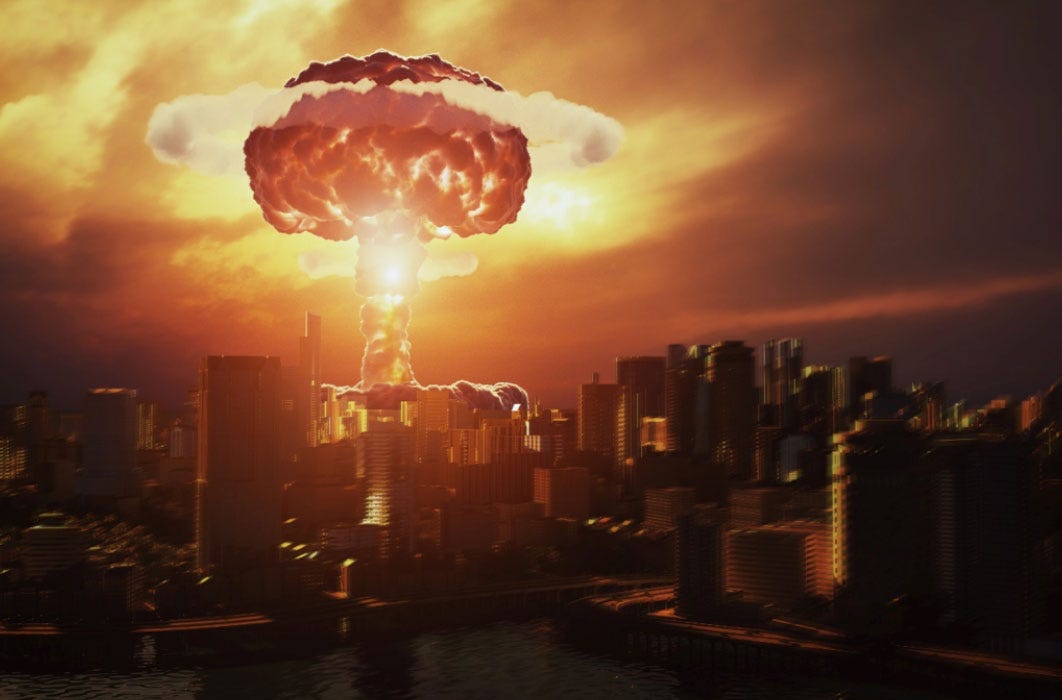
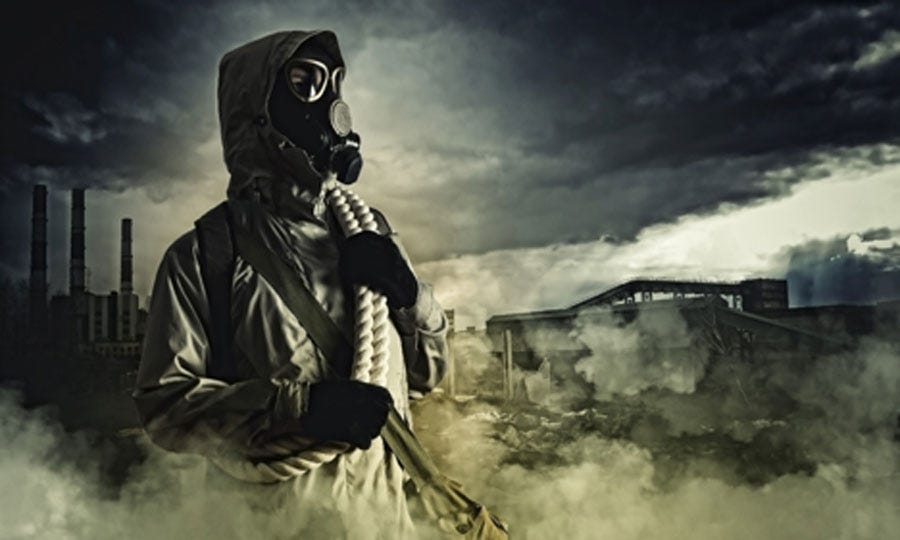
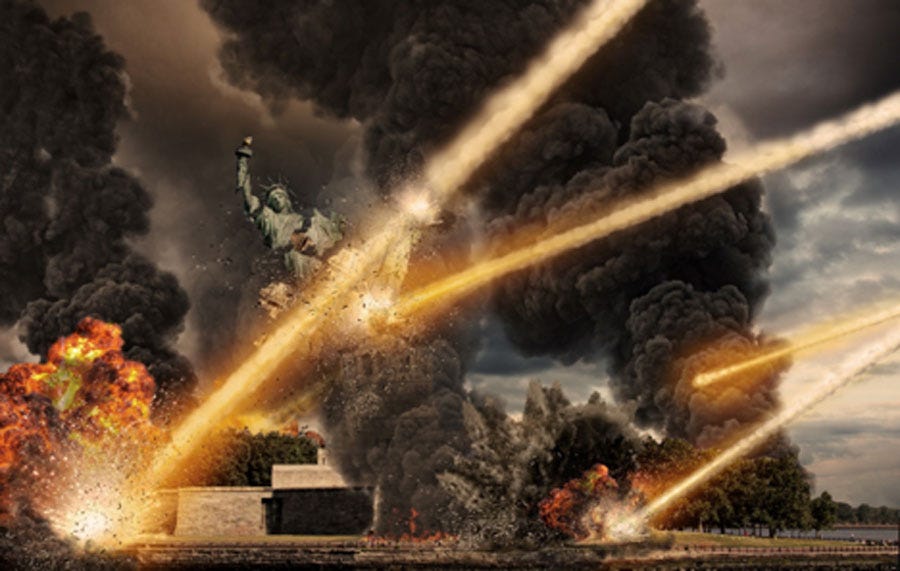
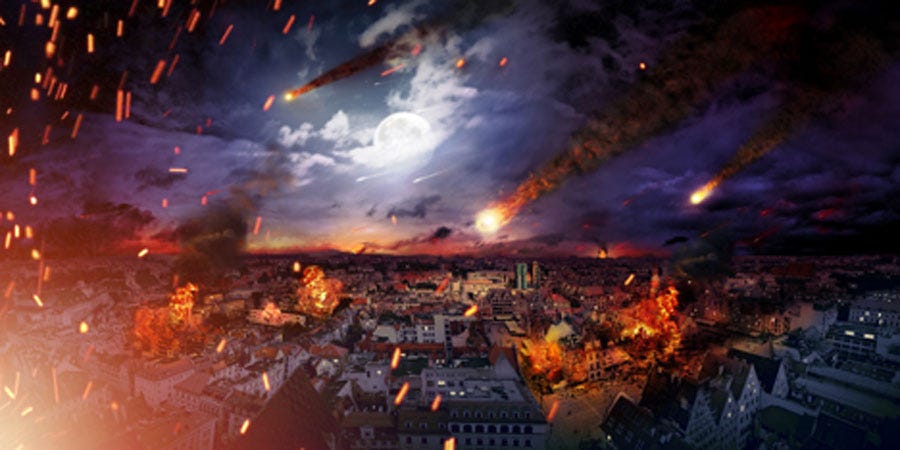
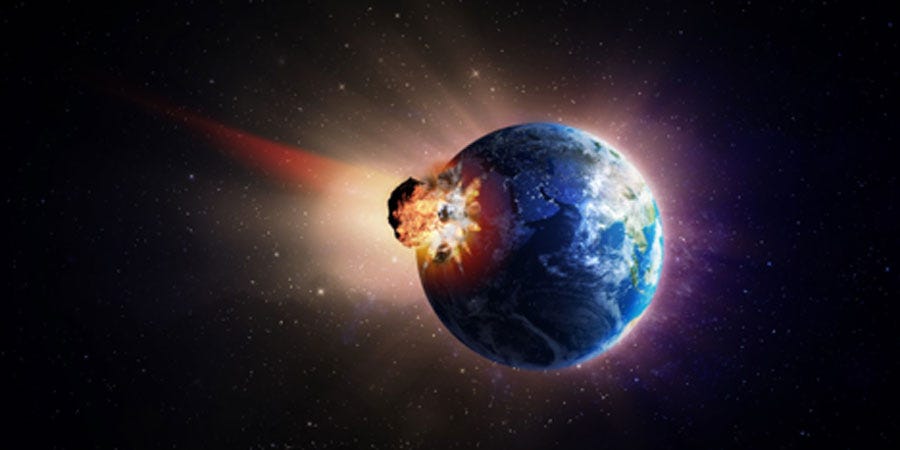
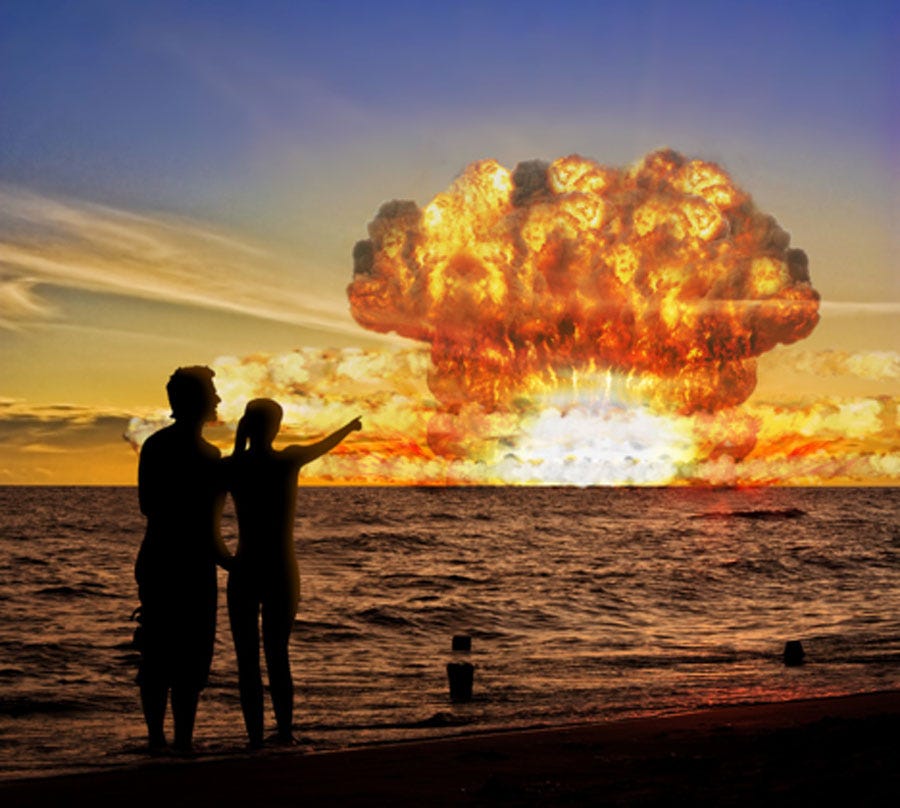


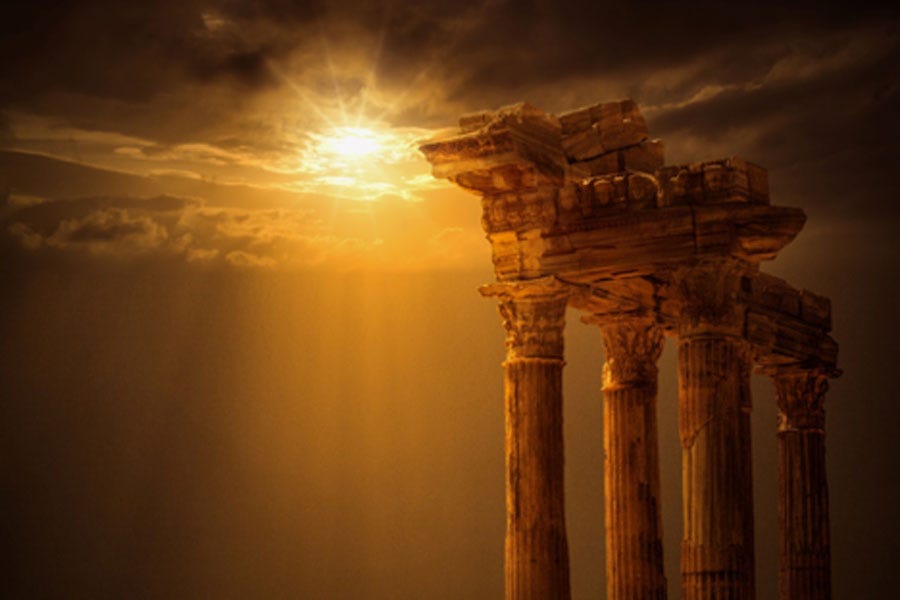

No comments:
Post a Comment